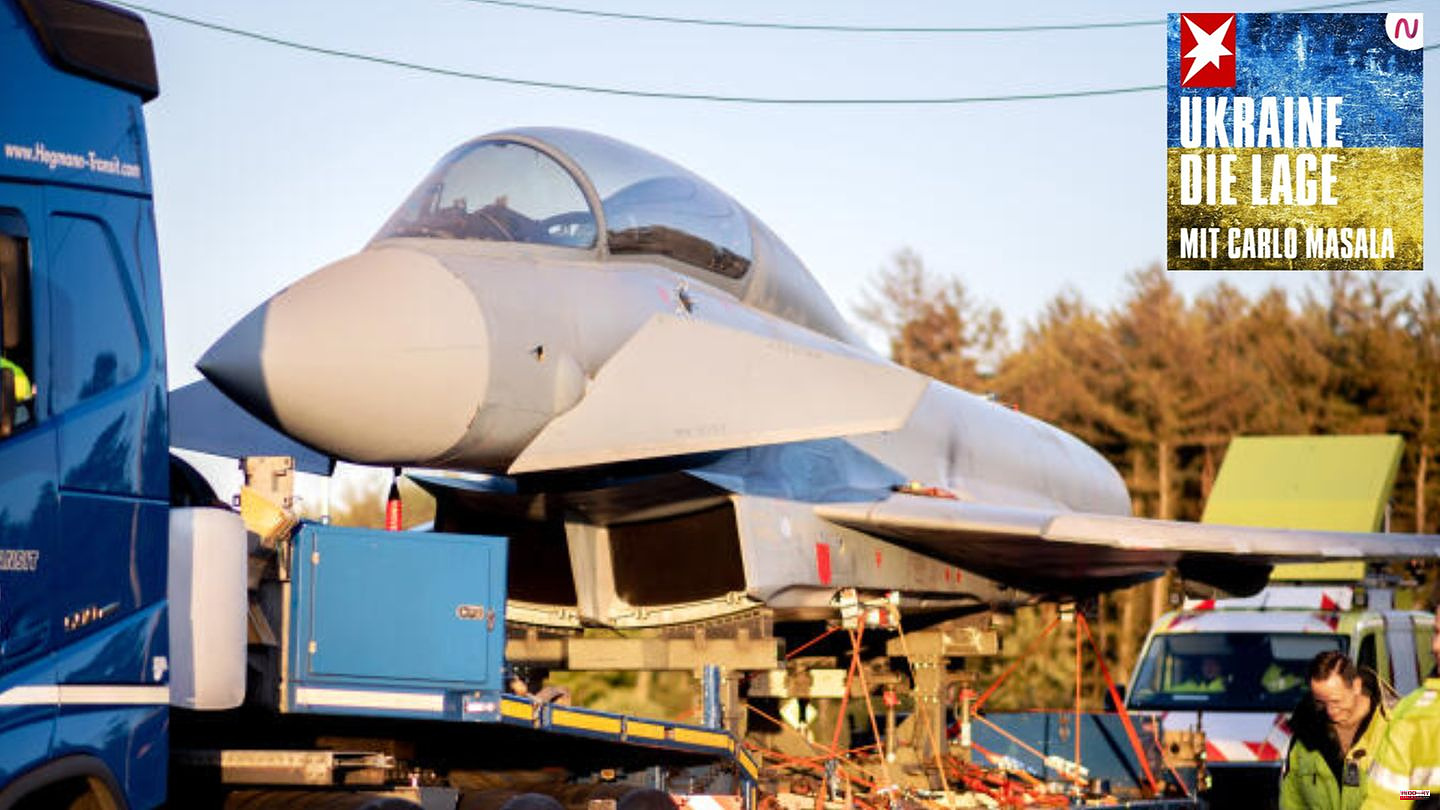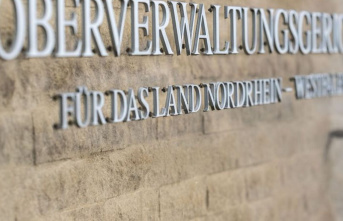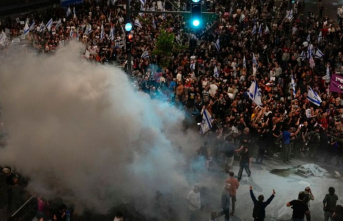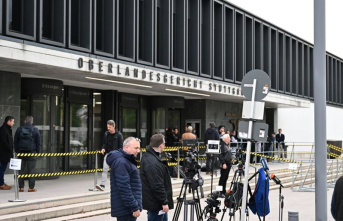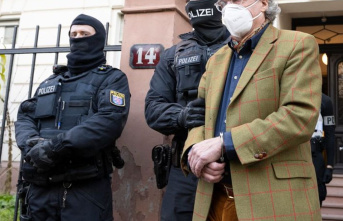According to the security expert Christian Mölling, Ukraine's desire for combat aircraft from Germany is not aimed at actually delivering German jets - but at the German government compensating for non-delivery elsewhere. Mölling said on Friday in the stern podcast "Ukraine - the situation" that the Bundeswehr's tornadoes and Eurofighters were not very suitable for various reasons. "We don't have any useful combat aircraft to offer in this regard," emphasized the research director of the German Society for Foreign Relations. He sees Ukrainian Foreign Minister Dmytro Kuleba's request for jets from Germany as "an attempt to get a pound in the negotiations here." Kuleba's calculation is that if Germany doesn't deliver, "I'll get something else for the fighter planes". Mölling ruled out that an agreement on the delivery of Western combat aircraft would be reached at the Munich Security Conference, which opens on Friday. "There will be no major breakthrough here, nor will it be announced," he said. This does not correspond to the character of the conference and would also "delegitimize the formal formats within NATO".
Mölling made it clear that he expects tough battles in the Ukraine in the near future. "Now there is an opportunity for space-consuming operations for a few weeks," he said. After that, the thawed soil is muddy and difficult to drive on. "That's why everyone is now trying to reclaim as much terrain and territory as possible." However, this does not mean that the front is actually shifting. "If you don't counter the intensity of the opponent, then he's on the winning road." But if both sides increase their efforts, the result could be that there is a lot of activity but little movement.
The security expert refused to allow NATO to name clear goals for the outcome of the war in Ukraine, as the former top diplomat and head of the Munich Security Conference, Wolfgang Ischinger, had demanded. "There have always been different war aims within NATO," said Mölling. "The trick is to use NATO as a consensus machine and to define a policy that everyone can agree on." Countries like Hungary or Turkey have completely different goals than Germany and other allies. "But the Alliance can take it."
In addition, it is fundamentally necessary to "always leave the enemy in the dark about precise war aims and the willingness to use resources". It is wrong, for example, to reject the recapture of Crimea and to signal to the Ukrainians that Western weapons cannot be used for this. "Then send a clear message to Russia that it doesn't have to feel threatened." But the opposite must be the goal: "You have to produce so many military dilemmas for your opponent that he is constantly overwhelmed." In addition, it would put the Ukrainian government in a difficult position domestically if Western support could not be used to recapture the entire national territory.

